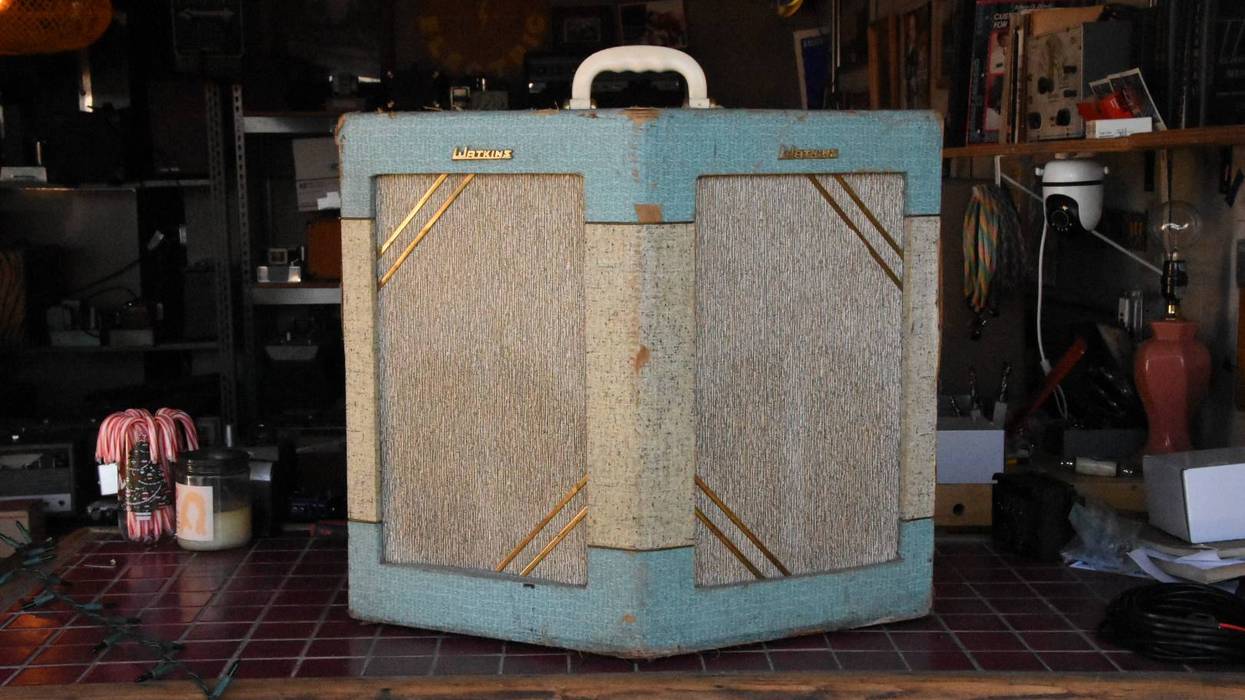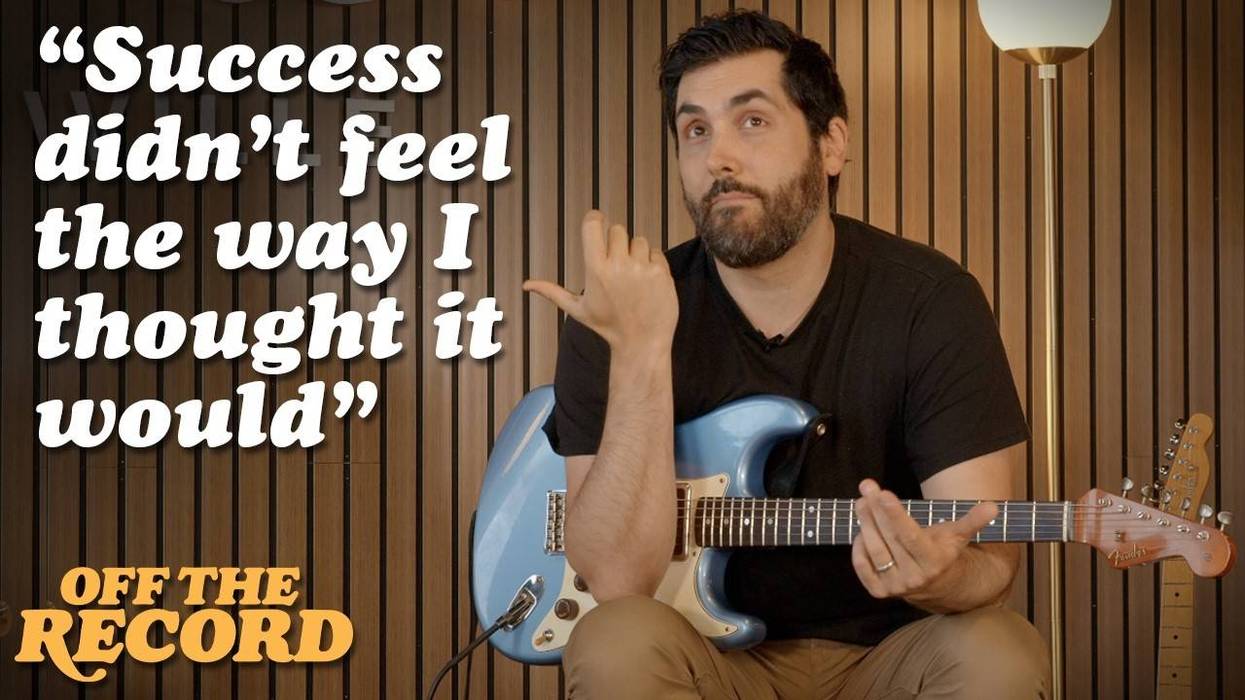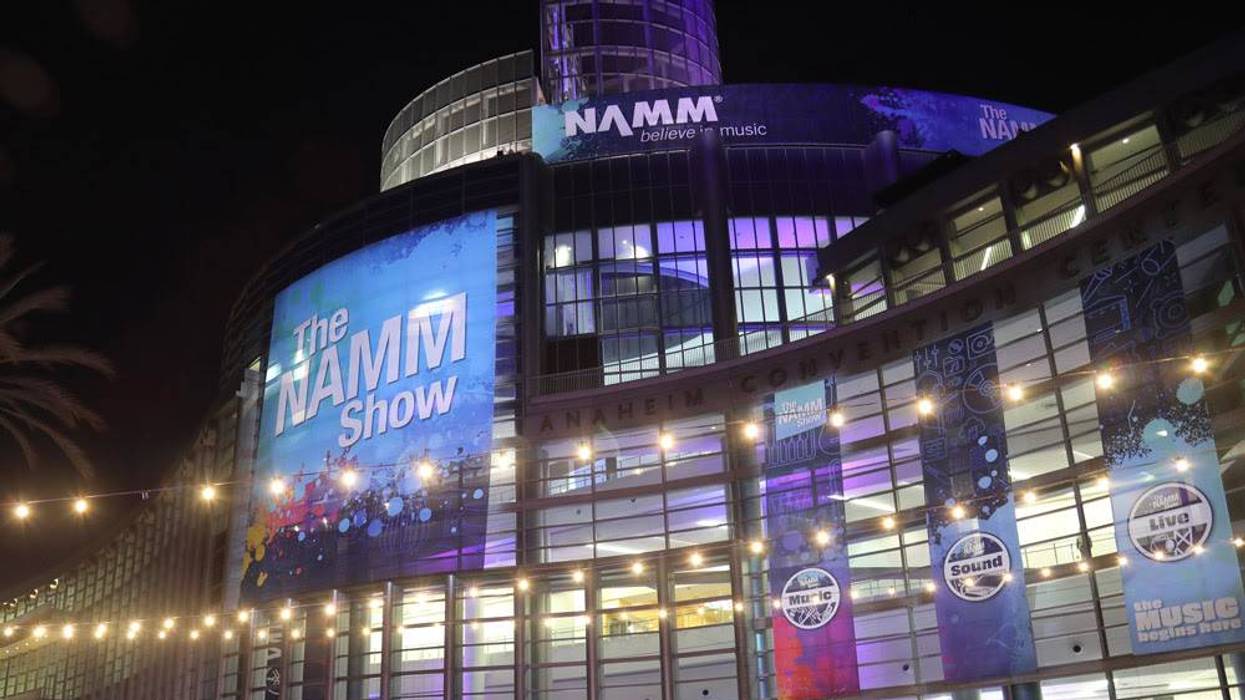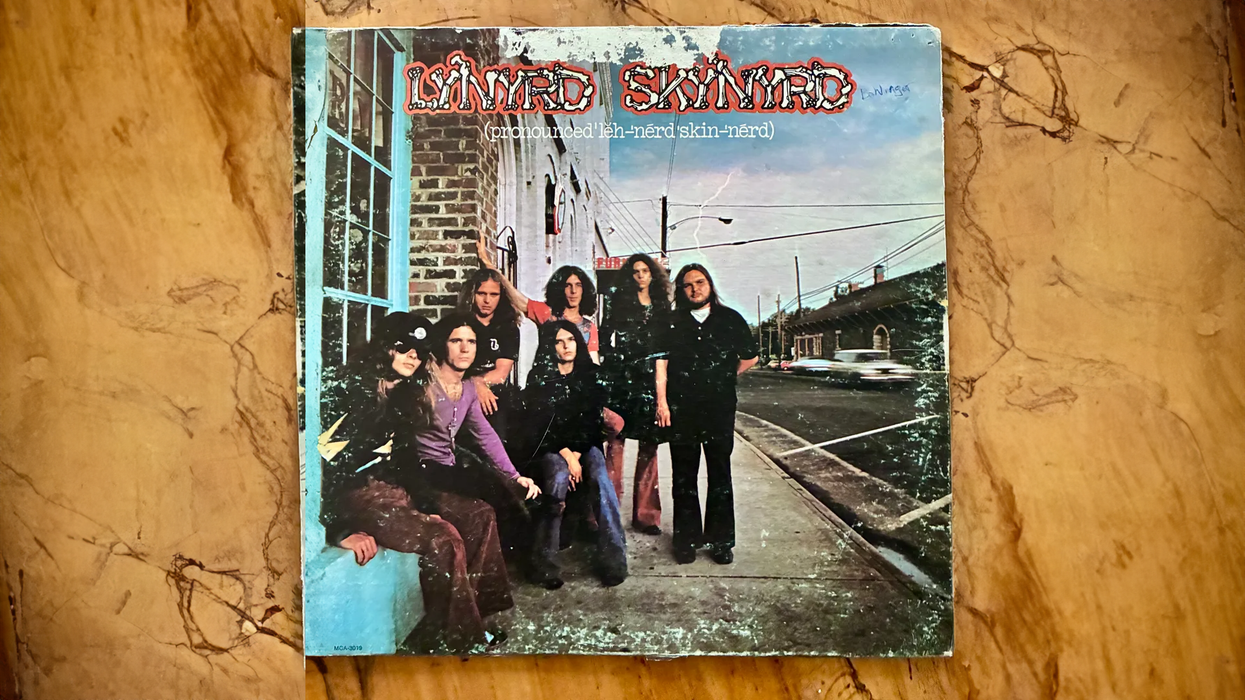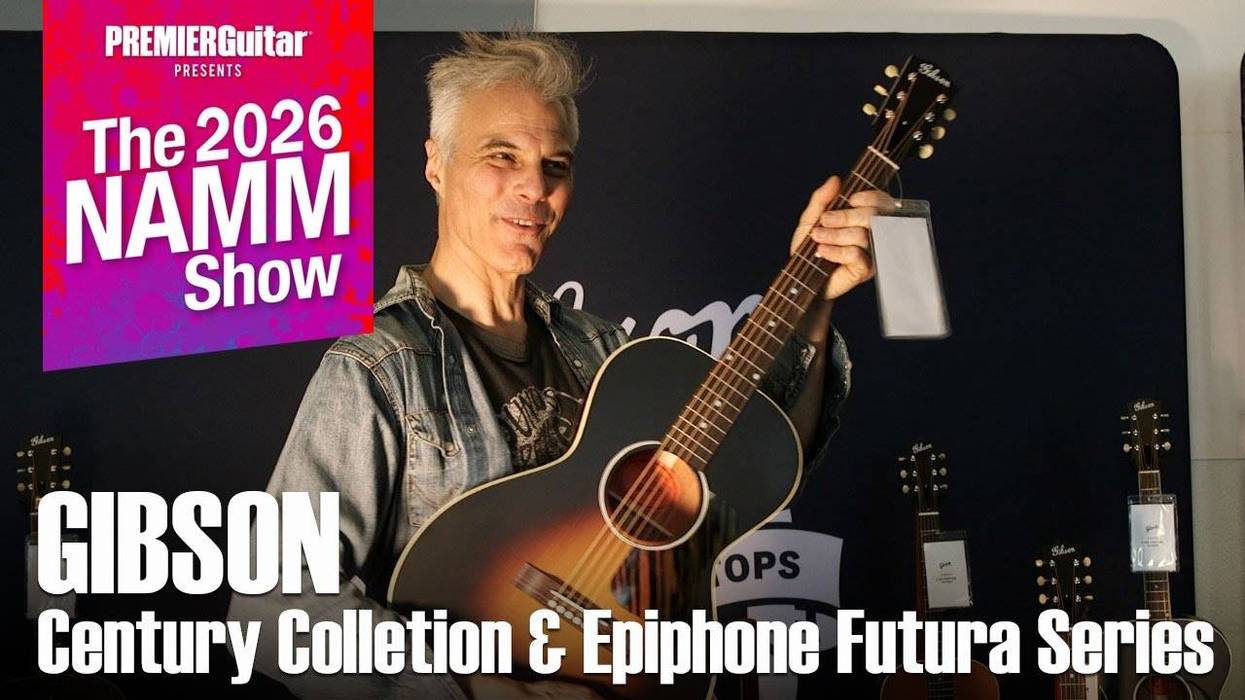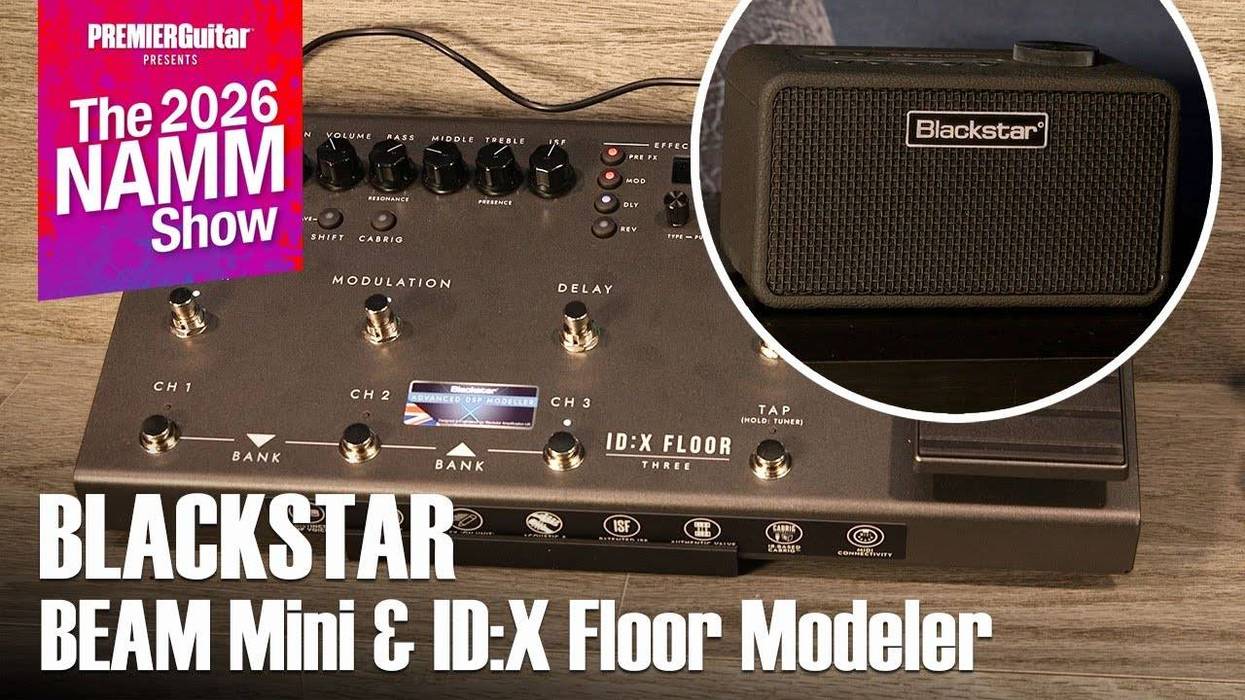There was a time when I didn't care about gear. I loved playing guitar, but the machinery didn't mean much. When I moved to Nashville more than a quarter-century ago, I owned two crap electric guitars, a solid-state Peavey Stereo Chorus amp, a tuner, and three mostly working 1/4" cables.
Back then, I didn't really think about tone. I just tried to hit the right notes at the right time. I didn't think about effects, either. My amp had clean and dirty channels as well as built-in chorus/reverb/delay. I thought it sounded great in the clubs I was playing back in Montana. What else could I need?
I experienced a paradigm shift at my first Nashville audition. I walked into SIR with my G&L and Peavey to join a waiting room full of guitarists loaded for bear. They all had pedalboards; some had racks and multiple amps. I felt like I was in Fred Flintstone's foot-powered sled competing against Lamborghinis and Ferraris.
I didn't get the gig—probably because I didn't play very well. But my takeaway was: If I couldn't play like I knew what I was doing, at least I should look the part by gearing up.
This was pre-interwebs, so I gathered intel by looking and asking. Other players, often between condescending snickers, imparted that solid-state amps are about as cool as a skullet, pedals are essential, and players judge other players by their gear as well as their playing.
I had a wife, a kid, and about a $150 budget. Luckily, the friendly drunk in the apartment next to mine jettisoned everything that didn't fit in his truck during his eviction. I bought his Gretsch 6159 tube amp for $75. I then found a Boss BE-5M multi-effects unit in a pawnshop for $80. The BE-5M gave me compression, overdrive, chorus, and delay in one box. My new cobbled-together rig sounded fabulous, even by today's standards.
I heard about an audition for a new act on a major label named James House. I rolled in looking almost like a pro musician, with a tube amp and my BE-5M. Maybe James felt sorry for me, or maybe I played well that day. Whatever the reason, he hired me and took me on tour for the next three years. It was like going to college.
On tour, I inspected every rig I saw—whether it was the opening act's or the headliner's—essentially doing private Rig Rundowns before every show. I would then watch the show and hear what worked and what didn't.
As the cheap plastic on my BE-5M disintegrated after a year's stomping, I entered the pedal wormhole. You know the routine: hear or read about a pedal, save for the pedal, find the pedal, buy the pedal, hate the pedal—wash/rinse/repeat. It took years and thousands of dollars to find something durable that sounded as good to me as the destroyed BE-5M. I still don't know if I have.
Decades later, I own a pile of pedals worth much more than my car. (I drive a piece of shit.) On tour, I have a pedalboard for guitar, another for pedal steel, and two smaller ones for the band's fly-dates. At home, I have a large pedalboard with a looping system for the studio, one slightly smaller for big gigs, a small one that fits in my gig bag, and another for pedal steel. In my cabinet, I have four shelves of pedals, power supplies, and cables that I've swapped in and out far too regularly.
Those pedals bring me more frustration than happiness, because nothing is ever quite right. Mysterious hums and buzzes appear without provocation and then disappear. Volume and tone diminish, and then come back strong. Some days I plug in and everything sounds perfect. Other days, they make no sound at all. Overdrives are rich and tube-like in soundcheck, and then harsh and artificial on the gig. Worst of all, I began spending more time tweaking my pedalboards then actually playing. When I did play, I'd be thinking about changes I could make to the lineup. It's an obsession, and obsessions rarely end well, because they do not take reason into consideration.
This is a cautionary tale. The pedal thing can drive you crazy. After my last throw-the-damn-thing-across-the-room episode, I've decided to use pedals as little as possible. It makes me a better player, because I focus on getting a good tone with my hands. Best of all, when there are no pedals, I quit thinking about tone and just play. I heard a TED Talks podcast claim that humans are happiest when we're fully engaged in an activity. Apparently, our brains, like our guitars, like a clean signal without distractions. I've not been happier playing since I was a kid.




